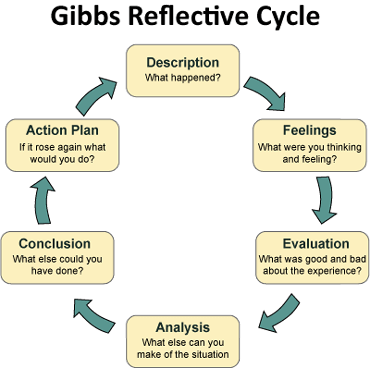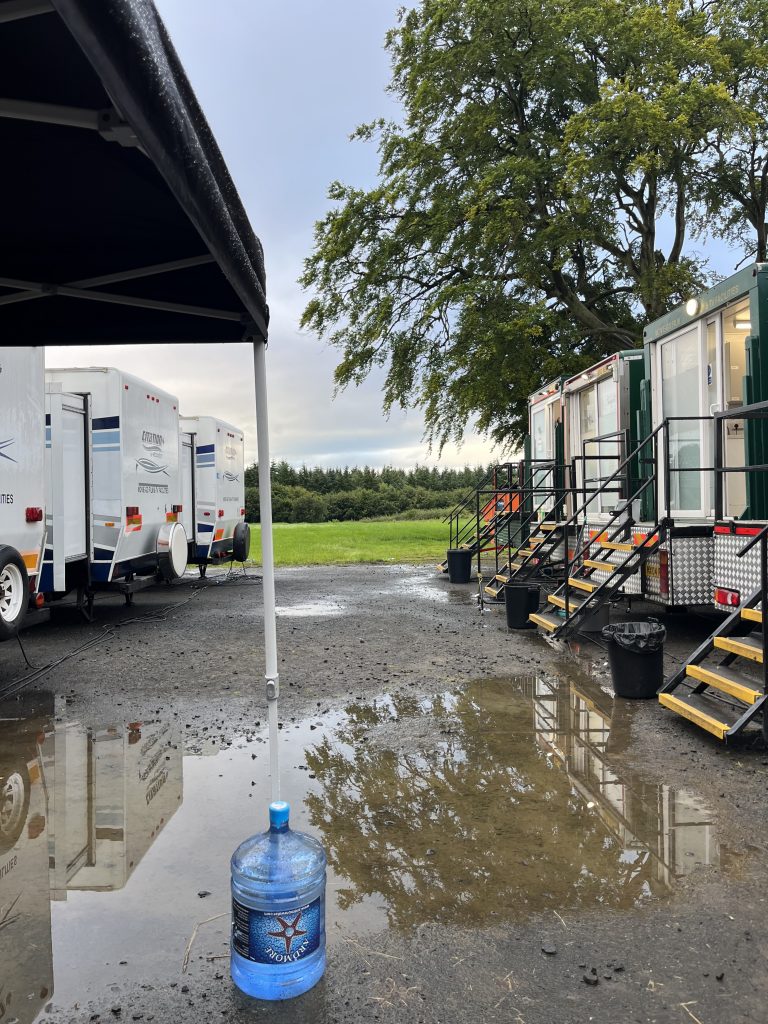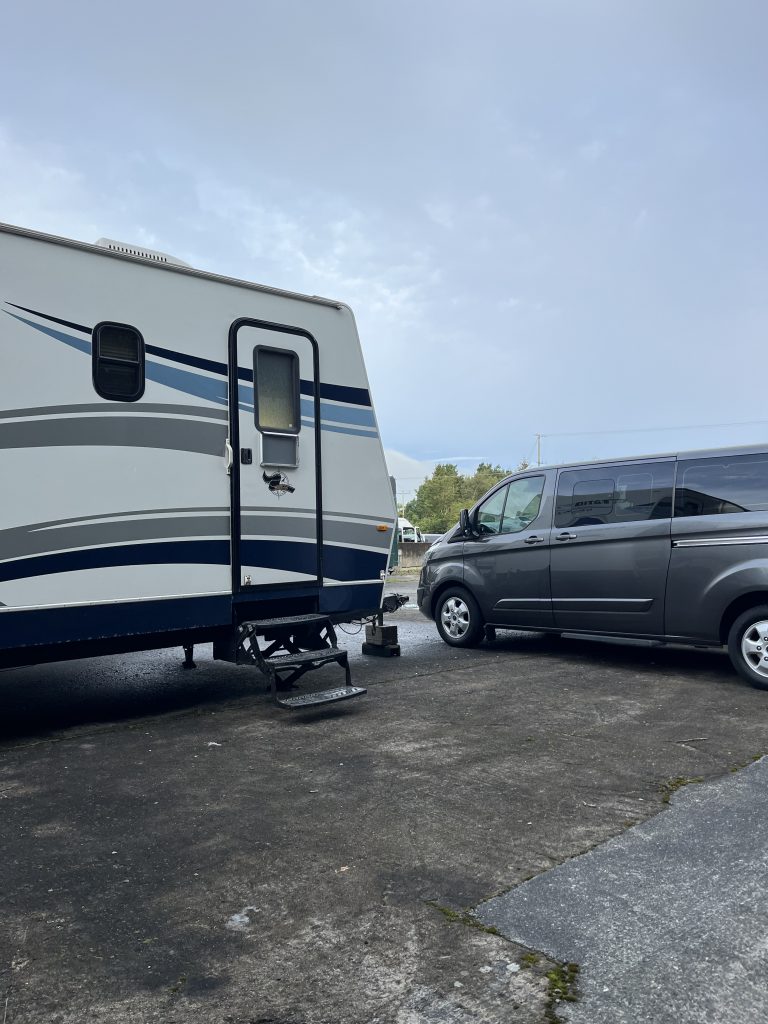When I got offered the role of Base Runner on Wreck last Summer, I immediately jumped at the opportunity. It was only after I hung up the phone that I thought more on what I had just agreed to. I had a vague idea of what a base runner does but I had no experience. As a new entrant to the industry, I had only worked on 3 jobs so far. All of which consisted of me taking on small, but important tasks.
The role of Base Runner is still an entrance role but it is accompanied by a plethora of responsibilities. Some of the responsibilities included ensuring actors got breakfast, went into costume and makeup on time, arranging transport for actors, communicating with different departments during the day and reading draft call sheets, to name a few. As the outcome of making the day relied on timing, my time management skills had to be exceptional. Although I was faced with many challenges throughout my job, time management was not only the most important, but also the most challenging to get right due to many uncontrollable factors.
I’m going to use Gibb’s Reflective Model to analyse the challenges I faced during my work experience, reflecting on factors such as feelings, what worked, what didn’t and how I could improve in the future. Jasper (2013, P.1) notes ‘using the reflective processes – we come to understand our experiences differently and take action as a result’. Therefore, through using this model, I can figure out what I can work on to improve my time management skills on set in the future.

DESCRIPTION

My sole responsibility was helping to manage operations at unit base. My main task every day was getting actors ready in time for unit call. I typically would begin my days at 6.30am for a 9am call. Time is money so our timings had to be perfect. As mentioned by Blair (2001, P. 166) ‘pressures of time and the costliness of delays lead to an emphasis on completing tasks as quickly and timeously as possible’. Everyone would get a 15 minute window for breakfast. I would get their order as soon as they landed in the morning, tell caterers then deliver it to actors, hoping there was still time to eat. This was especially hard when I only had 5 minutes to deliver 6 breakfasts. My next task in the morning was keeping a very close eye on costume and makeup times. Actors had specific slots and if they were even 5 minutes late, a backlog would creep upon us and they wouldn’t be ready for call. I was also tasked with jobs throughout the day that had to be completed quickly to ensure smooth operations on set. This included things such as delivering messages from set to base, ordering and delivering lunches, transporting water jugs and snacks and delivering the call sheet to the 1st AD every afternoon for review.
FEELINGS
I went through a lot of emotions during this experience. Our locations were typically at least 50 minutes from Belfast. As my responsibilities usually occur first thing in the morning, it became difficult to wake up at 5.30am and have the energy to be thrown into action as this generated a lot of stress. Although I found a level of satisfaction when actors were ready on time, this didn’t happen often. It was a daily occurrence that actors would be in the makeup chair longer than we expected or their breakfast took too long to cook and they didn’t get time to eat. Although I had little control over these instances, I always felt a sense of guilt and frustration as I was in charge of managing them.

In addition to this, I had to stand outside, waiting for the moment an actor exits the makeup trailer to get the next actor in as soon as possible. As I had so many tasks in the morning, I often missed actors leaving the trailer. This led to me, standing outside waiting, when no one was in there. It was only when the makeup artist would come out, confused why their next actor isn’t in the chair, that I would realise and frantically rush to find them, hoping I haven’t completely thrown off the schedule. I struggled with feeling embarrassed when the 2nd AD checked up on actors and I said they haven’t stepped out of the chair, only for him to find out the trailer was empty. I felt frustrated and almost stupid, beating myself up for not knowing where the actors were.
EVALUATION
As I had a significant number of people to manage every morning, it became increasingly difficult and exhausting to deal with. I felt pressure to get everything right as ‘you have to prove you are absolutely reliable, incredibly adaptable and hardworking’ (Gregory, 2008, p.114) if you want to be hired again in the future. I had to come up with a plan that would feel smoother for me to ease my stress. One of my biggest challenges was getting breakfast in time for the actors before they had to go to costume. After about two weeks of frantically running around base every morning, I had a discussion with the 2nd AD about managing breakfast. We decided I could get orders from actors either the night before or after they were picked up in the morning. This was very useful as it meant I could have the breakfast sitting in their trailer when they arrived, meaning they had more time to eat which would ease them into their day rather than pushing them from the minute they stepped into base.

A lot of outside factors also contributed to the challenge of time management. There were a few instances where an actor slept in, missing their pickup time. The transport captain communicated to us that if they continued to wait, the other actors on their route would also be late. We had to react quickly, deciding the driver should leave and someone else could circle back when the actor woke up to 50 missed calls. This threw off our whole schedule and we had to think quickly. I communicated with department heads for costume and makeup to decide which actors needed to be prioritised so we could try and make unit call. This decision was effective as we surprisingly made call with 5 minutes to spare. Through good communication and quick thinking, I quickly realised what course of action we needed to take, ensuring we wouldn’t lose valuable shooting time.
ANALYSIS
Although there were a lot of underlying causes that contributed to the challenge of time management. I feel the true struggle lied within my own weaknesses. I’ve never been the best with managing time even within my own life. I sleep in, I miss classes, I’m late for meetings and even when I try not to be, I can’t stop. It is beneficial to come to terms with your own weakness so ‘we can actively and consciously use what we have discovered about ourselves in planning our strategies for the future’ (Jasper, 2013, P.34)
I knew this would hinder my ability to manage time on set but I couldn’t let it stop me getting the job I wished for. I ensured to read call sheets thoroughly the night before, noting when actors would arrive and how long I had to complete my tasks. I often didn’t have time for breakfast so I would ask catering to hold one over for me, ensuring I was able to completely focus on the actors. I always made sure to have the call sheet in my hand. I also communicated consistently with transport to ensure smooth travel at call time.
CONCLUSION
I know there is always room for improvement and the experience I had on set has definitely set me up for a better experience in the future. I have a well rounded understanding of how things work and would be better equipped to face the challenges head if I were to do it again. I learned useful tips from other crew members such as, attaching the call sheet to your coat with a clip so it is accessible, noting common breakfast orders such as tea and toast, putting cast signs on trailers the night before and waiting until base is clear to eat my own breakfast so I can have time to enjoy it.
RECOMMENDATIONS
If I got the opportunity to be a base runner again , I would definitely accept it. Although it is a demanding and stressful job, it is crucial to the function of the day. I enjoy responsibility, organization and routine, all of which are key elements within the role. From my reflection, I have been able to discover my true feelings on my experience. I have also been able to pinpoint my strengths and weaknesses. This is useful as I would be able to relieve my own stress and anxieties if I were to do this job again.
Bibliography
Blair, H. (2001) ‘You’re Only as Good as Your Last Job’: the Labour Process and Labour Market in the British Film Industry’ Work, Employment & Society, Vol. 15, pp. 149-169, UK: BSA Publications Ltd.
Gregory, G. (2008) Careers in Media and Film: The Essential Guide, New York: SAGE Publications, Ltd.
Jasper, M. (2003) Beginning Reflective Practice: Foundations in Nursing and Health Care, Glosteshire: Nelson Thornes Ltd.